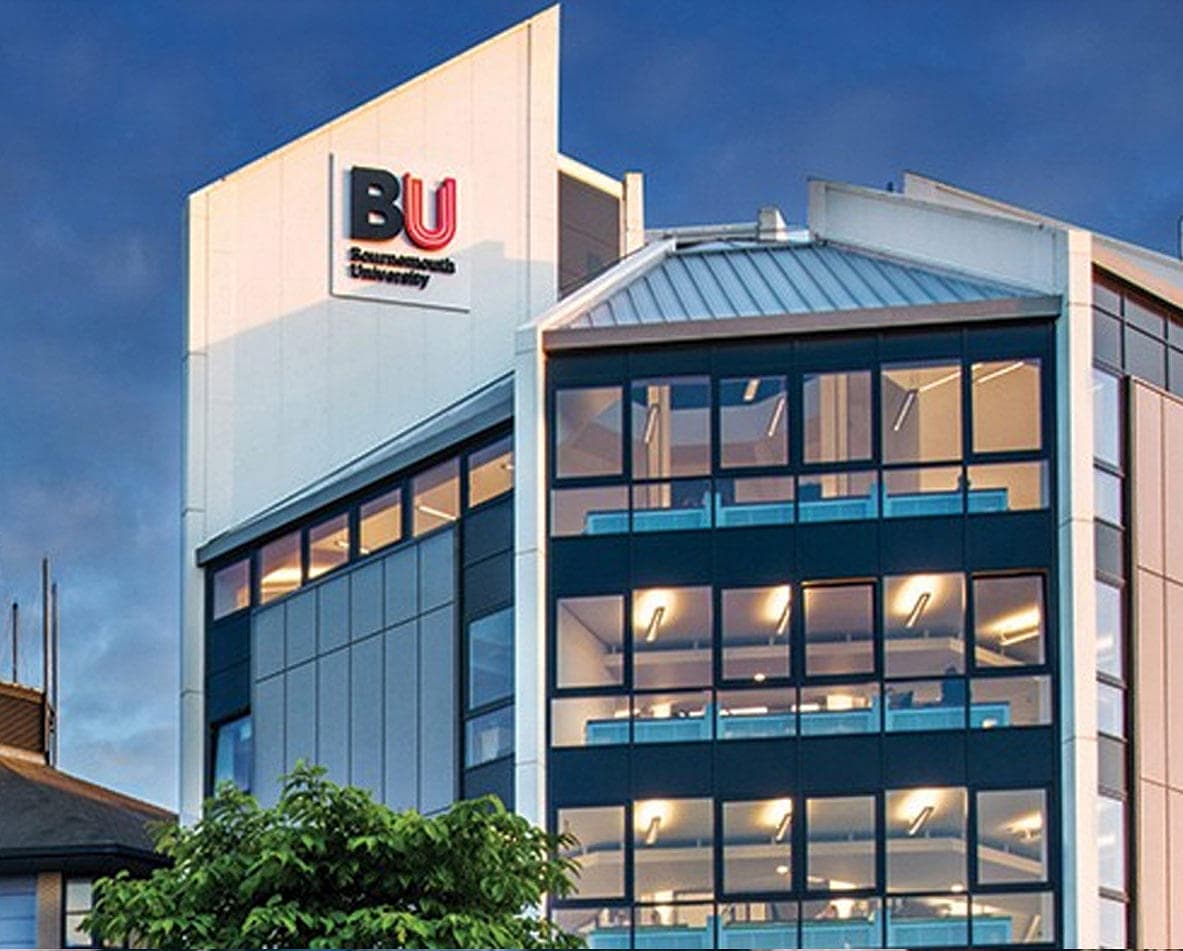Course details
On this course you will be taught by a range of staff with relevant expertise and knowledge appropriate to the content of the unit. This will include senior academic staff, qualified professional practitioners, demonstrators, technicians and research students. You will also benefit from regular guest lectures from industry. We have an industrial advisory panel who offer guidance on course content. They regularly host guest talks and Q&A sessions for our students.
Contact hours and assessment
Details of the assessment methods and contact hours for each unit of the course can be found in the programme specification.
Year 1
Core units
Games Design Principles: You will discover the basic principles of game design, as well as gain experience in collaborative working and sharing ideas.
Introduction to Programming: You will develop a sound understanding of fundamental programming principles and practices involved in implementing computer programs using the games industry standard high-level programming language.
Digital Technologies: You will gain knowledge of a wide variety of technologies involved in the creation of a computer-based solution to a real-world problem using several contemporary tools.
Mathematics for Computer Graphics: You will be introduced to a number of fundamental mathematical concepts that underpin computer graphics used in games development.
Object Oriented Games Programming: You will extend your programming skills gained in the introductory to programming unit in the first semester by using an object-oriented approach to software development.
Game Development Pipeline: You will discover the set of techniques and concepts related to the creation of a modern computer game using leading, industry-standard middleware products.
Year 2
Core units
3D Graphics Programming: You will develop technical knowledge and skills in computer graphics programming and then apply these for 3D graphics rendering, as commonly used in computer games.
Physics for Games: You will gain practical knowledge of the essential physics simulation algorithms and underpinning mathematics used to program real-time physics in 3D virtual environments and games.
Programming for Interaction: You will explore multimodal interaction techniques used in computer games through designing gaming interfaces based on the principles of human-computer interaction across a range of input devices.
Game Studio Project: You will experience the practicalities of working in a team, simulating a real-world games studio, to plan, design and implement a computer game from concept ideas and all the way to release stage.
AI Game Programming: You will look at fundamental artificial intelligence algorithms needed for computer games and also explore their implementation.
Commercialisation & Business Environments: You will develop the fundamental commercial and professional skills and knowledge needed to successfully establish and operate a business within the creative industry sector.
Optional Placement Year
You have the option to complete an optional 4-week placement between your second and final year or a minimum 30-week work placement in a year, which can be carried out anywhere in the world. The placement year offers a chance to gain experience and make contacts for the future.
Final Year
Core units
Individual Project: You will apply the methods and techniques to develop your major individual project, through surveying research literature to identify suitable topics for investigation, developing a formal specification; and critically evaluating the project.
Graphics & Computational Programming: You will gain knowledge of the theories, evaluation methods and implementation solutions required for developing advanced computer graphics applications.
Game Engine Programming: You will explore the underlying theory used in the design of game engines and investigate the architecture of industry-standard examples in this area through a process of design, development and implementation.
Innovation, Enterprise & Business Development: You will discover the possibilities of developing your own innovative business ideas, by exploring opportunities for enterprise and innovation through preparing a detailed, professional business proposal.
